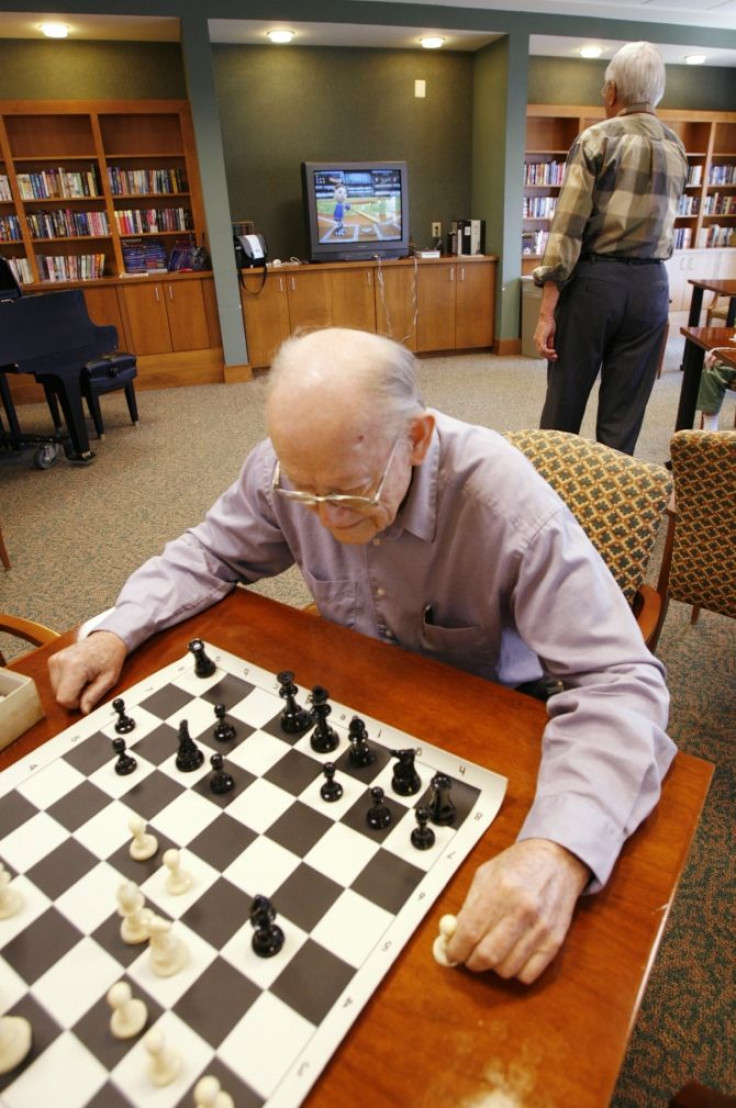Alzheimer's Disease Slows Down With Age

Researchers have shown that Alzheimer's disease affects "young elders" more severely than seniors who are more than 80 years of age. Alzheimer's is a form of dementia that gradually gets worse over time. It affects memory, behavior and thinking.
Researchers say that brain tissue loss around the age of 60 to 70 is more severe than brain tissue loss at 80 years and older. A person's cognitive decline slows down as they age. According to researchers, people who survive the early bout of severe cognitive decline might have a less aggressive form of the disease later in life.
“We found that younger elderly show higher rates of cognitive decline and faster rates of tissue loss in brain regions that are vulnerable during the early stages of AD. Additionally cerebrospinal fluid biomarker levels indicate a greater disease burden in younger than in older individuals," said Dominic Holland, PhD, researcher at the Department of Neurosciences, University of California San Diego and the lead author of the study.
The results are based on the imaging study conducted at UC San Diego. Researchers analyzed brain scans of approximately 720 people between the ages of 60 and 90. These participants had varying levels of cognitive abilities; some had moderate levels of cognitive impairment while others had higher levels of cognitive impairment.
Researchers aren't sure of reasons for AD’s slow down with advancing age. One theory is that older adults suffer from other severe forms of brain diseases and are able to withstand the effects of AD.
“It may be that patients who show onset of dementia at an older age, and are declining slowly, have been declining at that rate for a long time But because of cognitive reserve or other still-unknown factors that provide ‘resistance’ against brain damage, clinical symptoms do not manifest till later age," said Linda McEvoy, PhD, associate professor of radiology and co-author of the study.
According to researchers, age must be kept as a risk factor while diagnosing AD. Studies usually involve very old adults where AD might not be as aggressive as in adults who are 60 or 70 years old. Conducting clinical trials on people who are at an aggressive stage of the disease might be helpful in finding therapeutics that would work in fighting AD.
Researchers say that older people might not show severe symptoms of AD, but this mustn't stop the doctors from providing appropriate care to these patients.
“One of the key features for the clinical determination of AD is its relentless progressive course. Patients typically show marked deterioration year after year. If older patients are not showing the same deterioration from one year to the next, doctors may be hesitant to diagnose AD, and thus these patients may not receive appropriate care, which can be very important for their quality of life," said Holland in a news release.
The study was published in the journal PLoS ONE.



























